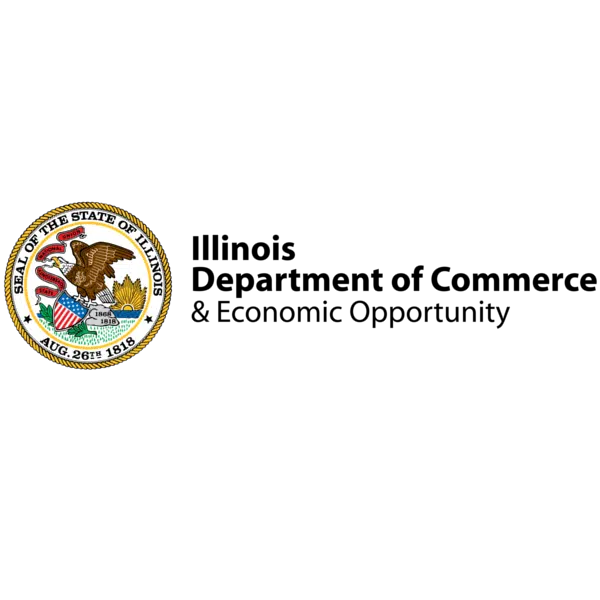November 23, 2020 – The Illinois Department of Commerce and Economic Opportunity has issued a reminder to all local governments that are eligible for the Local CURE program to seek funds before the federal COVID-19 emergency relief funds have expired. To manage funds within the federal deadline of December 30th, the DCEO requires by December 1st that local governments submit a survey that indicates anticipated use of the funds. Eligible expenses are those that have been incurred due to the public health emergency, including public health and public safety payroll, COVID-19 testing and contact tracing, emergency medical expenses, and public health spending which was incurred in order to facilitate compliance with public health orders. The costs for the program must be incurred between March 1, 2020, and December 30, 2020. This process is to help ensure that all federal CARES Act dollars will be deployed to meet the needs of communities before funds are reallocated back to the federal government.
Over the last few months, DCEO has partnered closely with local governments to assist them with recouping the maximum amount of reimbursement allowed under their Coronavirus Relief Fund (CRF) eligibility. DCEO has launched a user-friendly website, took thousands of calls, conducted dozens of webinars, and worked past dedicated office hours in order to provide step-by-step instruction on submitting eligible costs over the phone with its team of experts.
“We know how hard the pandemic has hit cities and towns across our state, which is why we are strongly urging every local government eligible to take action today to claim the maximum costs,” said DCEO Director Erin Guthrie. “Through the Local CURE program, we have developed a streamlined system to help governments of all sizes identify costs eligible for federal reimbursement, to submit them, and to receive a payment within days. Given the extent of the need, the upcoming December 1 deadline will guide the state in ensuring that all eligible funds are placed into the hands of communities in need so they are not returned to the federal government.”
Funding made available through Local CURE will go towards helping to cover costs for public health and public safety payroll, PPE, and other emergency costs related to the COVID-19 response. There is still around $121 million remaining that is available to local governments for reimbursement on COVID-19 emergency expenses in this current round of funding.
Local government units are urged to complete the steps displayed on DCEO’s website and claim costs before funds prior to the deadline of December 30, 2020, the last day that costs may be incurred. Ahead of this deadline local governments must complete a survey by December 1st to indicate the estimated amount of eligible reimbursement requests they intend to submit. This survey will allow the Department to determine if they have a need for additional funds beyond their original allocation or if they will not use the funds which have been allocated in their entirety.
Upon completion of reviewing all eligible requests submitted through the survey, DCEO will re-allocate any unassigned funds from local governments that will not use their full allotments to others in need of further funding. The final deadline to receive reimbursement for eligible costs will be January 31, 2021. DCEO has worked closely with legislators, counties, municipalities, and many other units of government to support local officials with an understanding of the stringent federal requirements and any assistance they need to apply for reimbursements under this program.
In addition to economic support for cities and towns, DCEO has also launched several financial assistance programs to help small businesses in order to offset the financial losses brought on by COVID-19. The historic Business Interruption Grants (BIG) program created by Governor Pritzker is still open and accepting applications for grants that can help with COVID-19 related costs, including PPE, payroll, rent/utilities, and other operational costs. Since the inception of the grants, more than 5,500 grants have been issued, and there is still $129 million remaining.

